Finding the right student credit card when you have limited or no income can be challenging. But with the right information, you can identify cards with higher approval odds and features that match your student lifestyle.
In this guide, we’ll explore the best student credit cards for no-income applicants in 2025, along with essential strategies for building credit and avoiding common pitfalls.
Looking for tips on getting approved? Check out our companion article: “How to Get Approved for a Student Credit Card Without a Job or Cosigner“
Top Student Credit Cards for No-Income or No-Cosigner Applicants
1. Discover it® Student Cash Back
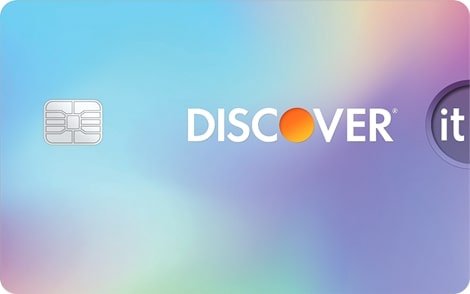
Why it’s perfect for students without traditional income:
- No credit history required
- 5% cash back in rotating quarterly categories (up to quarterly maximum, activation required)
- 1% unlimited cash back on all other purchases
- 0% Intro APR† for 6 months on purchases – ideal for managing expenses without immediate interest
- Then, a 17.24% to 26.24% Standard Variable Purchase APR will apply
- Cash back match for your first year (all cash back earned is doubled)
- No annual fee
- Free FICO® Credit Score access
Approval tip: Discover tends to be more lenient with income requirements for students. Financial aid, scholarships, and allowances from parents often qualify as income.
Our research confirms: “This popular card offers 5% cash back on rotating categories (up to a quarterly maximum) and 1% on all other purchases. Plus, it matches all the cash back you earn at the end of your first year!”
2. Capital One Savor Rewards for Students Credit Card

Why it’s ideal for students with limited income:
- 3% cashback on dining, entertainment, popular streaming services, and grocery stores
- 1% on all other purchases
- No annual fee
- No foreign transaction fees
- Considers various forms of student income
- Earn a one-time $50 cash bonus after spending $100 on purchases within the first 3 months from account opening
- A great perk: you can easily check if you’re pre-approved without impacting your credit score
Approval tip: Capital One considers non-traditional income sources and may approve students with limited income if they have some banking history.
According to our research: “This card offers unlimited 3% cash back on dining, entertainment, and popular streaming services. Best for students who spend a lot on food and entertainment.”
3. Bank of America Travel Rewards Credit Card for Students
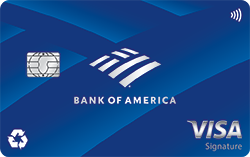
Perfect for students who:
- Need a card without strict income requirements
- Want unlimited 1.5 points per $1 spent on all purchases
- Are looking for no annual fee
- Plan to study abroad (no foreign transaction fees)
- Earn 25,000 online bonus points after making at least $1,000 in purchases in the first 90 days of account opening — redeemable for a $250 statement credit toward travel and dining purchases
- Enjoy a 0% Intro APR for 15 billing cycles on purchases and on any balance transfers made within 60 days of opening your account (then a variable APR applies)
Approval tip: Having an existing Bank of America checking or savings account can significantly increase approval odds.
4. Chase Freedom Rise® Credit Card
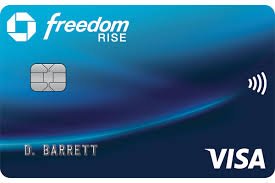
Great entry-level card because:
- No annual fee
- 1% cash back on all purchases
- Earn $25 after enrolling in automatic payments in the first 3 months of account opening.
- Freedom Rise® cardmembers may be eligible for a credit line increase in as little as 6 months.
- Having a total available balance of at least $250 in Chase checking or savings accounts will further increase your chances of getting approved for Chase Freedom Rise®
- Upgrade available after 12 months to Freedom Unlimited® if your Rise® card is active, you’ve made at least one purchase, and all payments have been made on time
Approval tip: Chase may consider your banking relationship, so having a Chase checking account could help your approval chances.
Our research notes: “Perfect for students looking to build credit with no annual fee and an easy-to-use rewards program. Best for students who want a simple, no-fee card that offers rewards for everyday purchases.”
5. Petal® 1 "No Annual Fee" Visa® Credit Card

Excellent for students because:
- Designed for those with limited or no credit history
- Uses banking history rather than just credit score
- No annual fee
- 2-10% cash back at select merchants
- Credit limits from $300-$5,000
Approval tip: Petal looks at your banking history and cash flow rather than just credit score, making it ideal for students with bank accounts but limited income.
Which Credit Card Type Should a College Student Get?
According to our research: “As a college student, you may have little or no credit history, so the best credit cards for you will be geared toward students in your situation. A rewards student credit card, such as Discover it® Student Cash Back Card or Discover it® Chrome for Students, can help you earn cash back on everyday purchases.”
When choosing between cards, consider:
- Your spending habits – Pick a card with rewards that match where you spend most
- Fee structure – Avoid annual fees while building credit
- Credit-building features – Free credit score access, gradual limit increases
- Approval likelihood – Some issuers are more friendly to no-income students
How to Build Your Credit as a Student
Once you’ve secured your first card, follow these strategies to build strong credit:
1. Pay On Time, Every Time
Payment history accounts for 35% of your FICO score. Even one missed payment can significantly damage your credit.
Pro tip: Set up automatic payments for at least the minimum due to avoid missed payments.
2. Keep Your Credit Utilization Low
Try to use less than 30% of your available credit limit. High utilization can negatively impact your score even if you pay in full. If possible, aim to keep it below 10% — that’s even better for your credit score and shows lenders you’re managing your credit responsibly.
Example: If your credit limit is $500, try to keep your balance below $150.
3. Monitor Your Credit Score Regularly
Many student cards offer free credit score access. Check monthly to track your progress and catch any errors.
Our research confirms: “Student cards build credit if you manage them responsibly. Payment history and amounts owed are the two most important credit score factors.”
4. Don’t Apply for Multiple Cards
Each application creates a hard inquiry that can temporarily lower your score. Start with one card and use it responsibly for 6-12 months before considering additional cards.
5. Keep Your First Card Active
Length of credit history matters. Even after you qualify for better cards, keep your first student card active (with occasional small purchases) to maintain your credit history length.
As our research notes: “Though student cards are made for your college years, there’s no strict rule saying you must close your student credit card after graduating. Many credit card companies let you keep your student card open for as long as you want. Keeping your student credit card open can have benefits.”
Credit Card Traps Students Should Avoid

Be aware of these common pitfalls that can damage your credit or lead to debt:
1. Only Making Minimum Payments
While making minimum payments protects your credit score, carrying a balance results in interest charges that can quickly accumulate.
Reality check: A $1,000 balance at 20% APR would take over 9 years to pay off making only minimum payments, and you’d pay about $1,000 in interest.
2. Missing Payment Deadlines
Late payments not only incur fees but can also result in penalty APRs (often 29.99%) and negative marks on your credit report.
3. Cash Advances
These come with:
- High fees (typically 5% of the amount)
- Higher interest rates than regular purchases
- No grace period (interest accrues immediately)
4. Ignoring the Fine Print
Our research warns: “6 Things Credit Card Companies Don’t Want You to Know: 1) Your ‘fixed rate’ isn’t set in stone. 2) The ’45 day notice’ is misleading. 3) They profit from your loss. 4) They’re (sometimes) willing to negotiate. 5) They like to sneak in fees.”
5. Maxing Out Your Card
Using your entire credit limit signals financial distress to credit bureaus, even if you pay in full each month.
When to Consider Upgrading Your Student Card
Student credit cards are great starter products, but eventually, you’ll want to graduate to cards with better benefits. Consider upgrading when:
- You’ve had your student card for at least 12 months
- You’ve maintained on-time payments
- Your credit score has improved to the good range (670+)
- You have stable income after graduation
Many issuers will automatically review your account and may offer upgrades to their standard reward cards.
Frequently Asked Questions
Do student credit cards affect credit score?
Yes, absolutely. Our research states: “Student cards build credit if you manage them responsibly. Payment history and amounts owed are the two most important credit score factors.”
What are the cons of student credit cards?
Our research points out: “Student credit cards generally have higher interest rates than other cards because banks consider it riskier to lend to college students. If you carry a balance, you can face substantial interest fees. Lower credit limits.”
Is it a good idea to have a credit card as a student?
According to our findings: “Student credit cards can help you build your credit, establish positive credit habits and access rewards and other perks. They tend to be easier to qualify for since you don’t need to have a good credit history for approval.”
When should I stop using a student credit card?
Our research notes: “Though student cards are made for your college years, there’s no strict rule saying you must close your student credit card after graduating. Many credit card companies let you keep your student card open for as long as you want. Keeping your student credit card open can have benefits.”
Which credit cards do not require proof of income?
Based on our research: “Credit cards not requiring proof of income often include secured cards, prepaid cards, and add-on cards. These options typically rely on collateral or an existing primary cardholder’s creditworthiness.”
Final Thoughts
Finding the right student credit card when you have limited income isn’t just about getting approved—it’s about finding a card that will help build your credit while matching your spending habits and avoiding unnecessary fees.
By choosing one of the recommended cards in this guide and following responsible credit practices, you can graduate college with not just a degree but also a solid credit foundation that will serve you well in your financial future.
Remember that your first credit card is just the beginning of your financial journey. Used wisely, it can open doors to better financial products, lower interest rates on future loans, and greater financial flexibility.
Disclaimer: Credit card terms and conditions are subject to change. The information in this article is accurate as of May 2025. This article contains affiliate links, which means thecardsguy.com may receive a commission if you apply through these links.





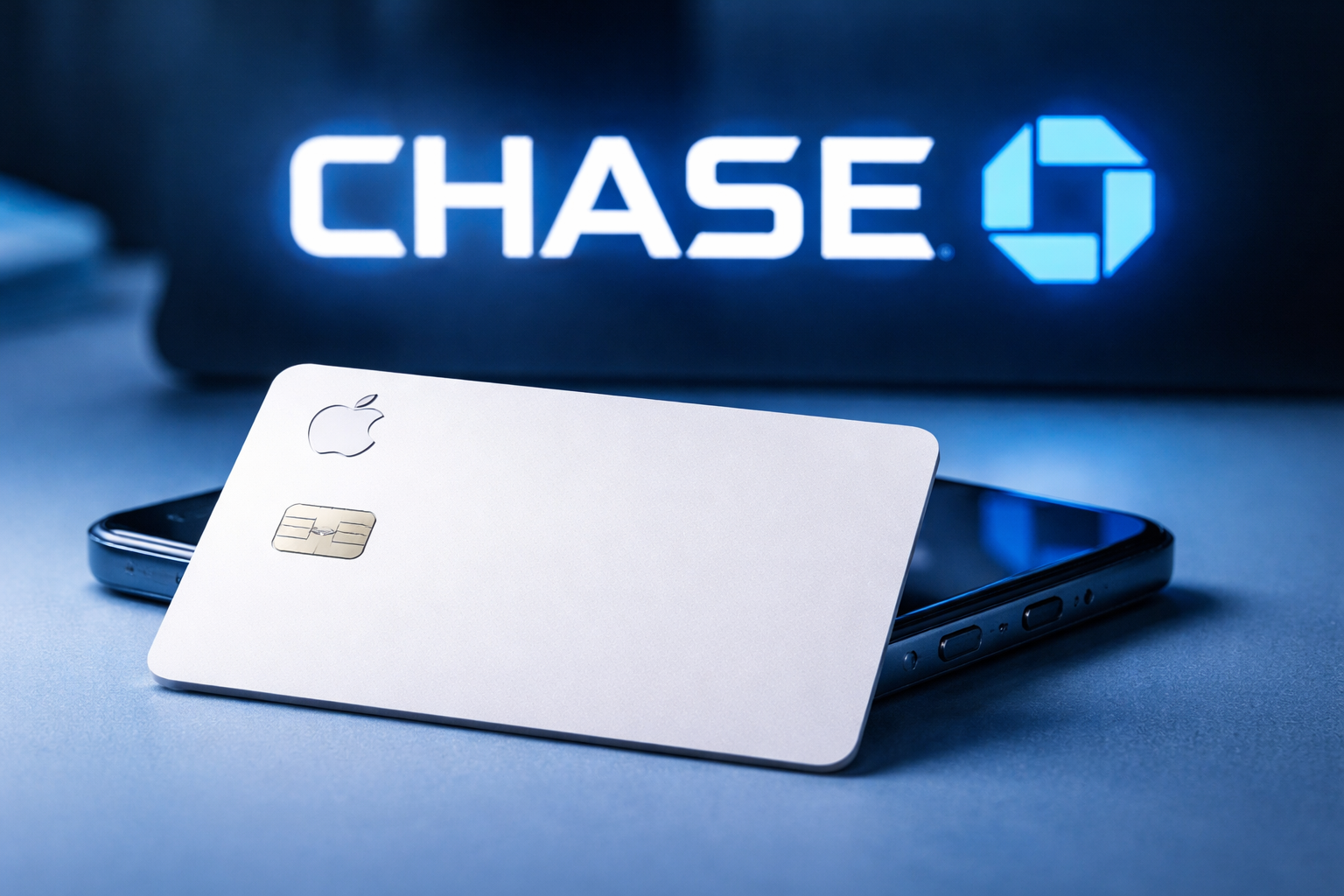






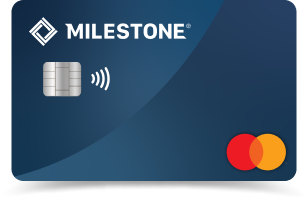

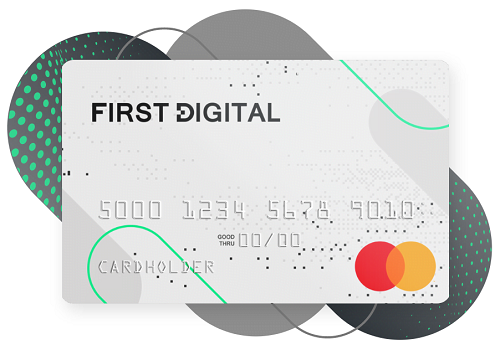


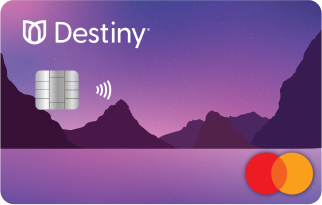





1 thought on “Best Student Credit Cards for No-Income Applicants in 2025: Complete Guide”
Hello! I simply would like to give a huge thumbs up for the great info you may have here on this post. I will probably be coming again to your blog for extra soon.